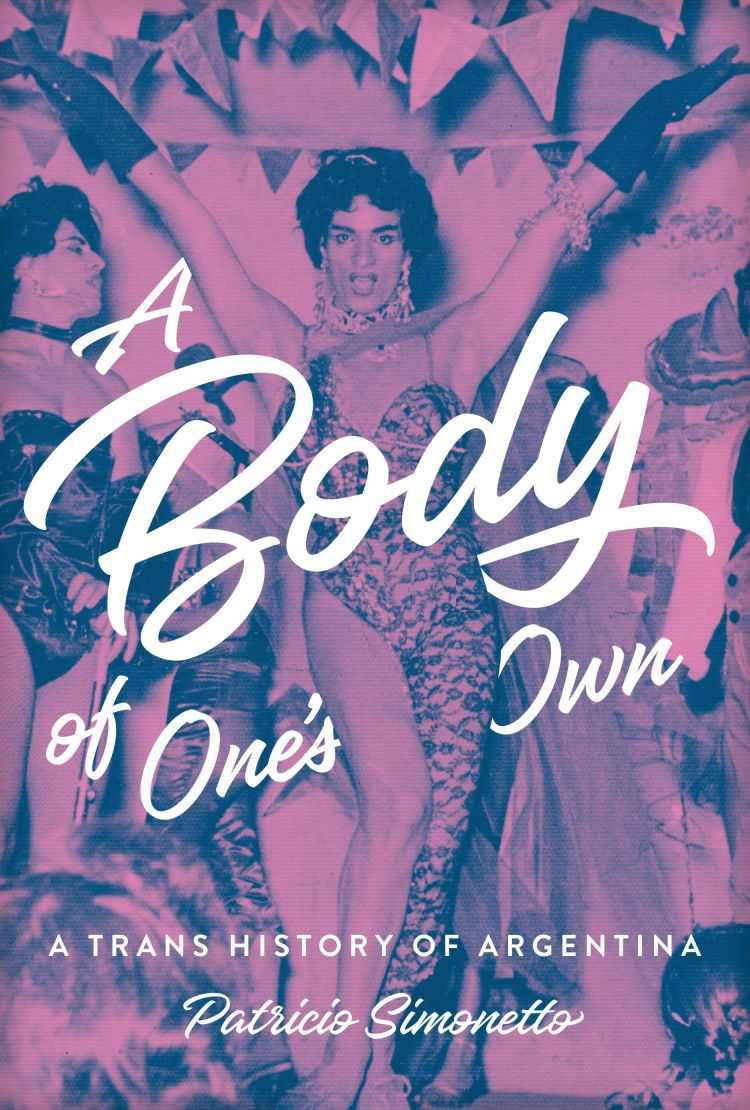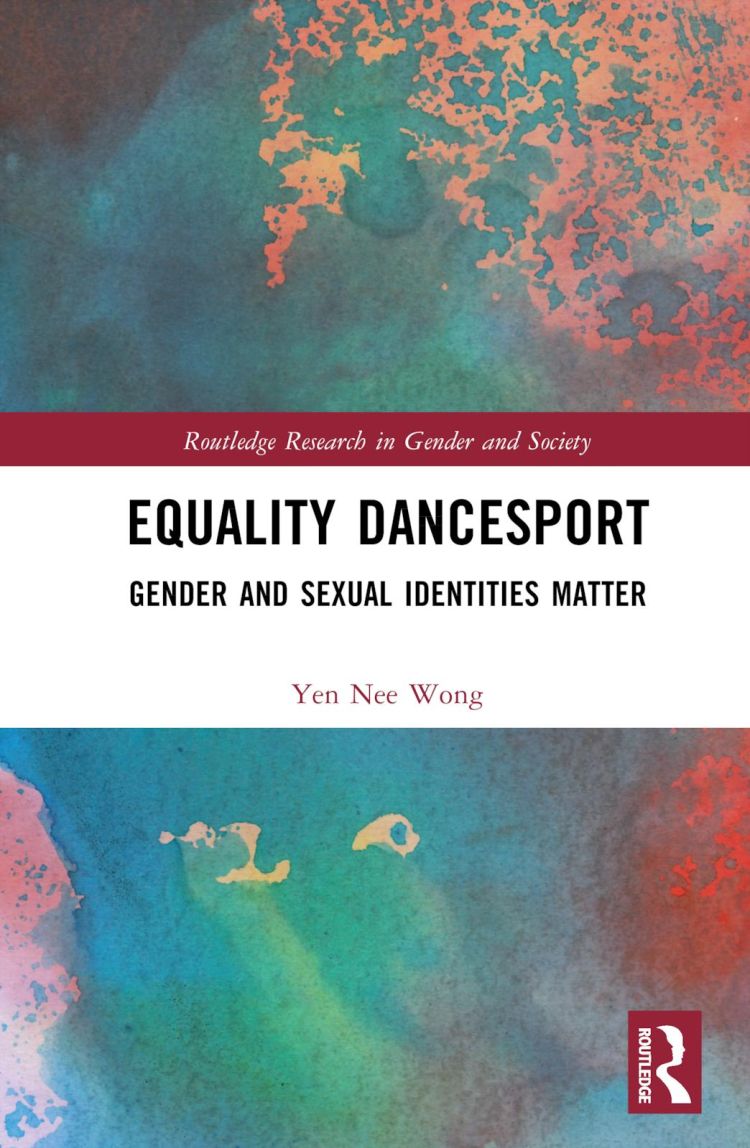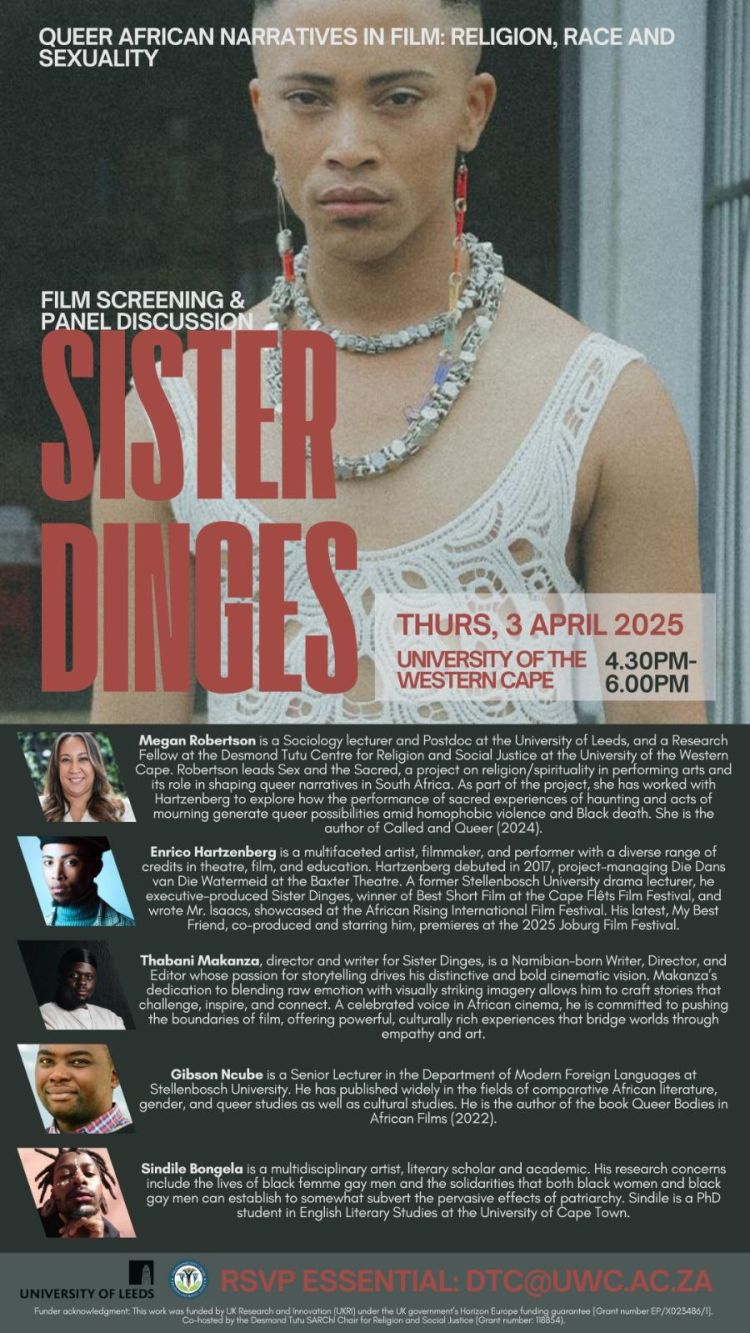Pioneering LGBTQ+ research: celebrating Pride Month at the School of Sociology and Social Policy

To celebrate Pride Month, we are highlighting how colleagues across the School of Sociology and Social Policy are pioneering LGBTQ+ research, and promoting diversity and inclusion through their work.
Pride month is celebrated annually in June to honour the LGBTQ+ community, history and the continued fight for equality. Within the School of Sociology and Social Policy, our colleagues contribute to this through their dedicated academic research, which not only highlights the struggles and triumphs of the LGBTQ+ community, but is helping pave the way for a more inclusive and equitable future.
The presentation of transgender bodies
Dr Patricio Simonetto, Director of the Centre for Interdisciplinary Gender Studies is an award-winning researcher exploring how sexuality intersects with health, science, and social movements in Latin America.
Dr Simonetto’s A Body of One’s Own – A Trans History of Argentina (University of Texas Press, 2024) examines how trans bodies were understood, policed, and shaped in a country that banned medically assisted gender affirmation practices and punished trans lives. This monograph won the Sylvia Rivera Award as the best book in trans studies and the Best Book in Social Sciences for the Latin American Studies Association (South Cone) in 2025
More recently, Dr Simonetto has published an article in the Journal of Gender Studies titled ‘Silicone agency and the making of female trans bodies in Argrentia’. The silicone injection has been a key feature of transgender affirmation practices in Argentina and Latin America. However, scholarship around the silicone injection remains overlooked. Dr Simonetto sets out to explore the impact of the practices of the silicone injection on transgender women.

Book cover - A Body of One’s Own
Dance through a queer feminist lens
Dr Yen Nee Wong is a queer feminist researcher working at the intersections of media and culture, gender, sexuality, sociology of the body, queer theory and the sociology of dance, online harms and attitudes towards AI technologies.
Dr Wong’s book Equality Dancesport: Gender and Sexual Identities Matter (Routledge, 2024) draws on a queer feminist lens to present a sociological framework for understanding how gender and sexuality is materialised through the dancing bodies of competitive ballroom dancers. Illuminating the experiences of LGBT+ dance competitors, the book takes readers through the initiation journey of becoming an equality dancesport competitor. It illustrates the complexities of identity work, drawing attention to the labour involved in striking a balance between reinterpreting, reinstating and transgressing norms around gender and sexuality upheld by the dancesport industry and competition frameworks. By presenting performing bodies as sites for discursive and embodied displays, the book disrupts binary ways of perceiving bodies and informs future actions towards a recognition of diverse, embodied bodies and lives both on and off the dancefloor.
Earlier this year, Dr Wong was published in the International Review for the Sociology of Sport. This publication entitled: Equality DanceSport doing transgender inclusivity in the United Kingdom: Cultural cisgenderism and transgender experiences highlights the complexities around, and importance of, achieving trans-inclusivity in sporting practices, advocating for 'a questioning of the epistemological understandings of sex and gender, and a celebration of other values in competitive sports which de-emphasises the focus on winning’.

Book Cover – Equality Dancesport.
Public Performances, Private Lives
Professor Ruth Holliday has a long history of working on sexuality. Her project: Public Performances, Private Lives investigated the ways in which queer people negotiated identity and the closet across the different spaces of work, rest and play. Her best known publication from this project is: The Comfort of Identity, Sexualities. 1999, 2 (4): 475-491.
Professor Holliday’s 2012 book with Tracey Potts on Kitsch! Cultural Politics and Taste published by Manchester University Press explored the different affects of 'camp kitsch' (enjoyment) and 'cool kitsch' (distance) and the difficulties of maintaining camp's queer ethic in consumer culture where distinction reigns.
Her latest work explores pronatalism and the ways in which queer kinships counterbalance the drive to re-essentialize binary gender through reproduction in low fertility societies.
At present, Professor Holliday is co-writing on a book about the social and cultural history of the penis, which centres the impossibility of binarism based on its presence or absence.
Sexuality, religion, and artistic expression
Dr Megan Robertson’s research explores the intersections of sexuality, religion, and artistic expression in South Africa, focusing on how LGBTIQ+ rights are negotiated in the face of enduring cultural and religious discourses that frame queerness as unAfrican and unChristian. Despite South Africa’s progressive constitutional protections, Black LGBTIQ+ people remain especially vulnerable to marginalisation and violence. Dr Robertson’s work responds to the urgent need to recognise how queer communities across the African continent resist these narratives and claim their belonging, visibility, and humanity – often through creative and artistic expression. By foregrounding the role of the sacred in queer creative production, her research offers a powerful lens on cultural resistance and the politics of identity in contemporary South Africa.
Her project focuses on Black queer performing artists in Cape Town, such as Enrico Hartzenberg, Dope Saint Jude, and Marc Lottering, whose work in theatre, music, comedy, and even horror reframes queerness not as peripheral to African or spiritual life but central to its expression. In her publication ‘I'm Just a Vessel’ (2024) for example, Robertson explores how Lottering's musicals transform the stage into a sacred space for alternative forms of worship, resistance, and identity-making. Her forthcoming work with Hartzenberg analyses his gothic-inflected work, showing how his focus on queer grief, death, and haunting critiques post-apartheid narratives of reconciliation and opens up new sacred imaginaries. She has also partnered with Hartzenberg in screening his work to produce dialogues about queer resistance between scholars, artists and the public. In future partnerships she hopes to co-produce further exhibitions, shows, and dialogues to continue to imagine a queer African future.

Poster – Film Screening and Panel Discussion
Research and legislation
Professor Paul Johnson OBE, Executive Dean of the Faculty of Social Sciences, is a world leader in LGBTQ+ research. He regularly engages with the UK Parliament and has worked on many aspects of law reform relating to sexual orientation equality.
Professor Johnson played a fundamental role in bringing about Turing's Law, which was named after the Bletchley Park codebreaker Alan Turing, who committed suicide in 1954 following a conviction of gross indecency with a man. Turing’s Law grants pardons to those previously convicted of offences under now repealed laws that criminalized consensual same-sex sexual activity.
LGBTQ+ and menopause
PhD student Rebecca Simmons research is focussed on centring LGBTQ+ experiences of menopause and exploring these through a sociological lens.
‘I am currently in the final year of my PhD and am compiling my analysis into a thesis. Some of the key findings from the research revolve around knowledge, temporality and gender. My research illuminates some of the limitations of current biomedical approaches towards menopause as well as the cisheteronormativity inherent in many popular media discussions around menopause. Overall, my data reaffirms the feminist challenge against the construction of menopause as an experience characterised only by loss and negativity. Participants' experiences were complex and nuanced but often involved positive experiences and self-reflection.’
I am lucky to work with a team of colleagues whose work and practice is inclusive, advocates for marginalised communities and explores the intersections of LGBTQIA+ identities in contemporary life.
Connect with SSP on LinkedIn and BlueSky to keep up-to-date with latest news from the School.




